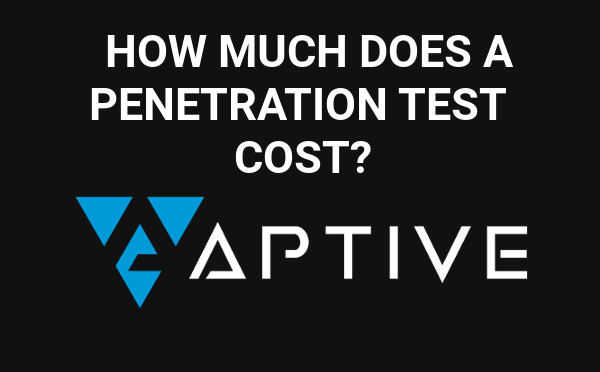Maritime Penetration Testing Services:
Our dedicated team of cybersecurity experts possesses extensive experience and a deep understanding of the unique challenges faced within the UK maritime landscape. From shipping companies and port authorities to maritime service providers and vessel operators, we are adept at addressing the intricate security needs of maritime organisations.
As the maritime sector continues to embrace digitalisation and rely increasingly on technology for navigation, communication, and cargo management, the importance of robust cybersecurity measures cannot be overstated. Our penetration testing service is meticulously crafted to comprehensively assess the security posture of your maritime systems and applications.
We understand the critical importance of protecting maritime assets, ensuring regulatory compliance, and maintaining the safety of crew members and passengers. Utilising industry standard methodologies and tools, we identify vulnerabilities, prioritise risks, and deliver actionable reports.
Whether you’re a shipping company, port authority, maritime service provider, or vessel operator operating within the UK maritime industry, our penetration testing service offers peace of mind by proactively identifying potential threats.
Penetration Testing Services for Maritime:
- Web App Penetration Tests
- External Network Penetration Tests
- Internal Network Penetration Tests
- Wireless Penetration Tests
- Mobile App Penetration Tests
- Remote Working Penetration Tests
- Vulnerability Scanning
External Network Penetration Testing for the Maritime Sector
A network infrastructure penetration test is performed externally or internally to identify vulnerabilities and security issues at the infrastructure level. After discovery, vulnerabilities are safely exploited, confirming if the vulnerability exists. The process is manual, removing false positives typically returned by automated tools and vulnerability assessments.
Typical Issues:
- Services exposed without restriction or controls
- Vulnerable unpatched services and operating systems
- Insecure protocols and/or configurations
API & Web Application Penetration Testing
Web application penetration testing simulates a real-world attack, identifying security issues within your organisation’s web applications or web services such as REST API’s. Identified vulnerabilities are documented in a severity ordered report with clear recommendation instructions, allowing your organisation to fix and secure identified security issues.
Typical Issues:
Mobile Application Security Assessment Service
Mobile app penetration testing is a consultant lead manual deep dive assessment conducted against a mobile application. Assessment is typically dynamic (conducted while the application is running) however, the client has the option to make the source code available for the assessment. Providing source code optimises testing time by allowing for faster discovery and validation of security vulnerabilities, and removes the need to reverse engineer binaries.
Typical Issues:
- Privilege escalation / access control issues
- Input/output validation vulnerabilities such as Cross-site Scripting (XSS)
- Insecure storage
Internal Network Assessment Services
Internal network penetration testing is performed onsite or by deploying an appliance which allowing our team to connect remotely. Deploying an appliance onsite gives penetration testers the flexibility to perform work out of hours, reducing costs and risk of business disruption.
Typical Issues:
- Services exposed without restriction or controls
- Vulnerable unpatched services and operating systems
- Insecure protocols and/or configurations

How Much Does a Penetration Test Cost?
All our penetration testing services are performed manually using methodologies based on industry-approved frameworks such as OWASP. If you would like to sample the quality of our work you can request an example report.
| Type | Starting Price | Description |
|---|
| External Network | Request Price | Price for an external test for up to 10 external IP addresses, pen testing assesses an organisations network & infrastructure externally, helping identify vulnerabilities & security issues. |
| Internal Network | Request Price | Price for internal test for up to 25 internal addresses, pen testing is performed inside the corporate network, assessing operating system & infrastructure security vulnerabilities. * |
| Web Application | Request Price | Price for a manual security assessment of a single web application consisting of less than 25 static or dynamic pages, 1 level of authentication. The web app security test includes file upload testing and all areas of the OWASP top 10. |
| Mobile Application | Request Price | Price for a manual mobile app security assessment for a single iOS or Android application, mobile apps are assessed using a methodology based on the OWASP mobile testing framework. |
| Wireless | Request Price | Wireless network security audit, performed manually. Price is for a single AP as part of an internal pen test, additional AP's can be added for an additional charge. |
Prices are in GBP + VAT
Prices are provided as examples to help potential clients.
* custom services and web applications are not included.
All our security services meet the requirements / recommendations for
PCI DSS 3.2 and
ISO 27001.


